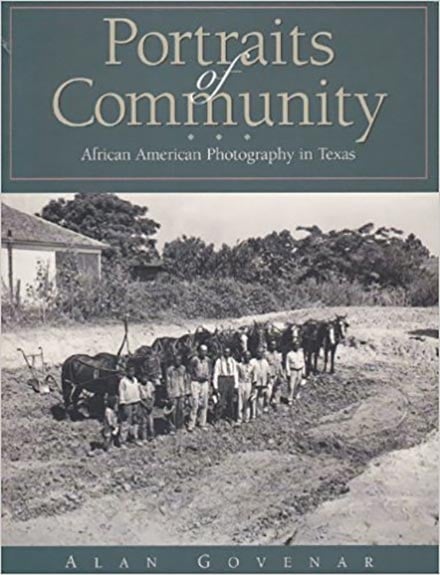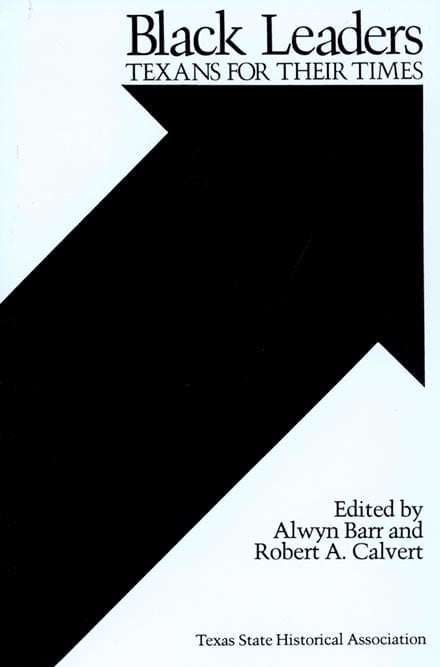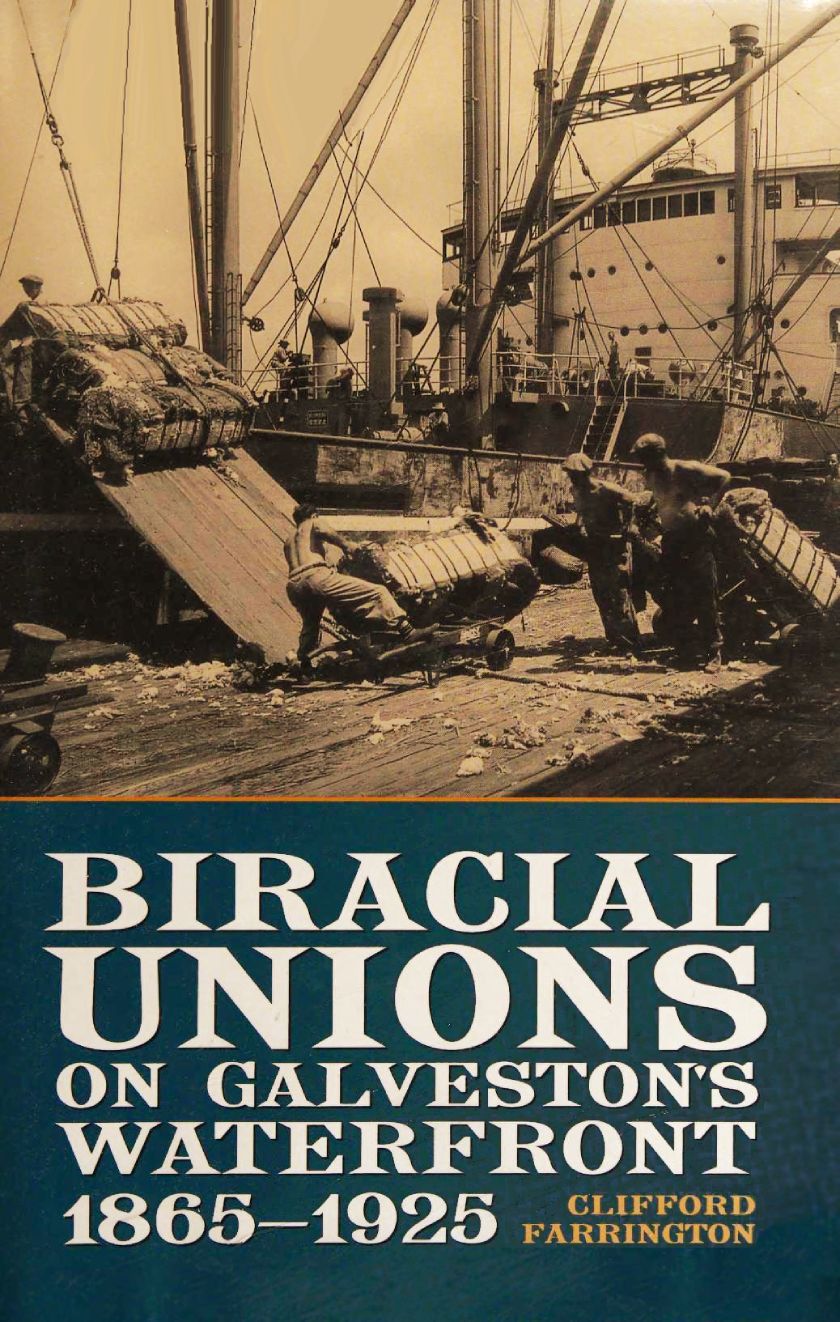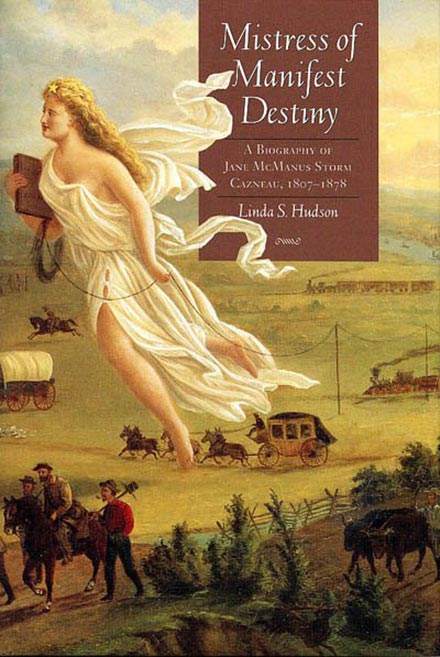Black state conventions were held in Texas on at least ten occasions during the period from Reconstruction through the 1890s to express the concerns of Blacks in an era before the existence of lasting groups that focused upon the economic, political, and civil rights of minorities. Often these state meetings sent delegates to national conventions seeking the same goals. The Texas State Central Committee of Colored Men met in Austin on March 22, 1866, with Jacob Fontaine, a Baptist minister, presiding. It opposed a request for funds, which presumably would benefit former slaves, by Episcopal bishop Alexander Gregg, who did not have the trust of the committee. Instead, committee members expressed their preference for the work of the Freedmen's Bureau.
On July 3–4, 1873, delegates for a Colored Men's State Convention gathered at Brenham with Norris Wright Cuney, a Republican party leader, as president. They announced support for friendly race relations, a federal civil rights act, open political meetings, Black landholding, internal improvements, immigration to the United States, President U. S. Grant, and the Republican party. The delegates criticized the violence faced by Blacks and efforts to repudiate state debts.
When a Colored Men's State Convention, chaired by former legislator Richard Allen, met on July 4, 1879, in Houston, it focused upon the causes of the Black exodus from Texas and the South to Kansas. The members repeated some earlier concerns and objected to the exclusion of Blacks from juries, lack of adequate schools, harsh treatment in prisons, inequitable enforcement of laws against intermarriage, and railroad segregation. To solve these problems the delegates generally urged Blacks to move out of the state, although some individuals favored acquisition of land on the Texas frontier.
A Black convention followed in Dallas on February 16–17, 1880, with delegates from nearby North Texas counties and W. R. Carson, a local minister, presiding. Those attending favored an effort to seek land in West Texas as a solution to problems of discrimination. To promote that goal the convention founded the Texas Farmer's Association, which proved unsuccessful, perhaps because of White Democrats' fears that it would strengthen the Republicans.
On July 10–12, 1883, a State Convention of Colored Men of Texas, chaired by Abraham Grant, a minister in the African Methodist Episcopal Church, met at Austin in response to the United States Supreme Court decision that declared the Civil Rights Act of 1875 unconstitutional. The delegates took a nonpartisan position on politics and reasserted earlier concerns about various forms of discrimination. The convention called for establishment of a Colored People's Progressive Union to assist in court cases on civil rights, but it did not develop.
Black leaders gathered on August 5–7, 1884, at Houston, with John N. Johnson presiding. The convention supported many positions taken in previous meetings, denied any plots to attack Whites, urged equal sentences for Black and White criminals, opposed lynching, and emphasized moral conduct.
On September 8–9, 1886, a Colored Men's State Convention met at Brenham with D. W. Roberts, an Austin minister, in the chair. It focused upon the need for education and economic advancement, an emphasis that resulted in an appeal to the legislature for a Black industrial college.
Delegates to a Colored Men's State Convention gathered in Waco on August 20–22, 1889, again under the direction of Roberts. In addition to citing new examples of old problems, they protested lynching and moves toward political disfranchisement of Blacks. Yet they also emphasized economic progress, offered thanks for educational advances, and endorsed high moral standards.
Two years later, on September 1–2, 1891, the next Colored Men's State Convention met in Houston, chaired by I. B. Scott, a Methodist minister. The delegates adopted new resolutions in favor of home ownership, a Black-owned railroad, Black inspectors for state prison camps, membership of Black teachers on county examining boards, and the founding by the state of a Black university. A further address opposed efforts to segregate Black exhibits at the World's Fair to be held in 1893.
The last Black state convention came together at Houston on May 23, 1895, with Scott, now serving Wiley College as president, again in the chair. Key issues that aroused the concern of delegates continued to include discriminatory laws, anti-Black group violence, and exclusion from juries. The convention also honored Frederick Douglass and sought to found a permanent Colored Men's Union. Although that effort failed, it foreshadowed the establishment of the National Association for the Advancement of Colored People, to which some former convention leaders later belonged. Through the late nineteenth century the Black conventions provided one of the strongest collective voices for the Black people of Texas.

























